Check if someone’s compromised an online account linked to your email
Find out with Avast Hack Check
Do more to find out if your online accounts are at risk with our data leak checker — secure your online accounts by changing your passwords.
By clicking Check Now you accept Privacy Policy
How Avast Hack Check works and why it matters
Each year, organizations unwittingly leak billions of login details from their websites or lose this data in hacker attacks.
This could include yours. Our data leak checker helps you find out if your email account is safe from cybercriminals.
Do more to protect your online accounts today with a simple email password check.
A website you use gets hacked without you knowing.
Your login details are leaked online.
We find it so you can change your passwords.
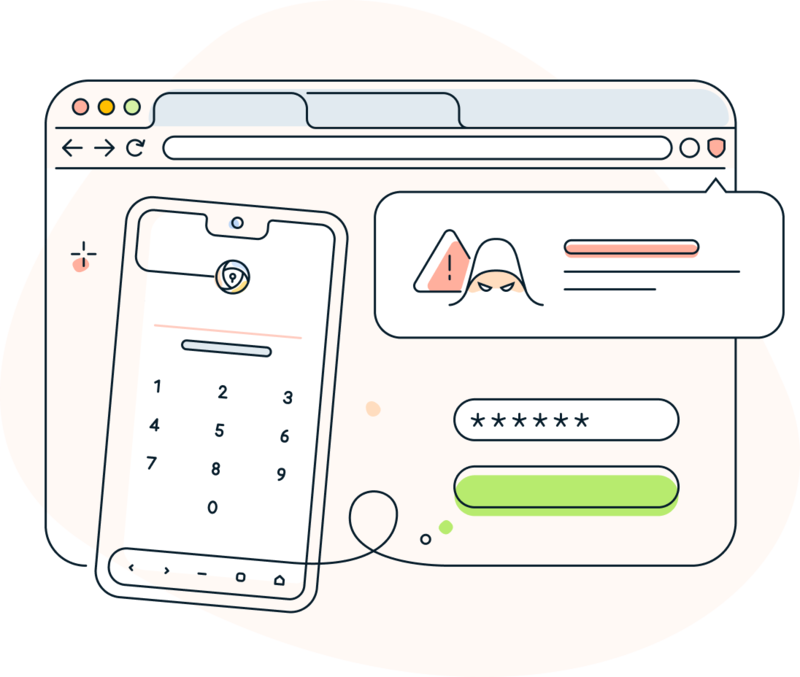
How do you know if you’ve been hacked?
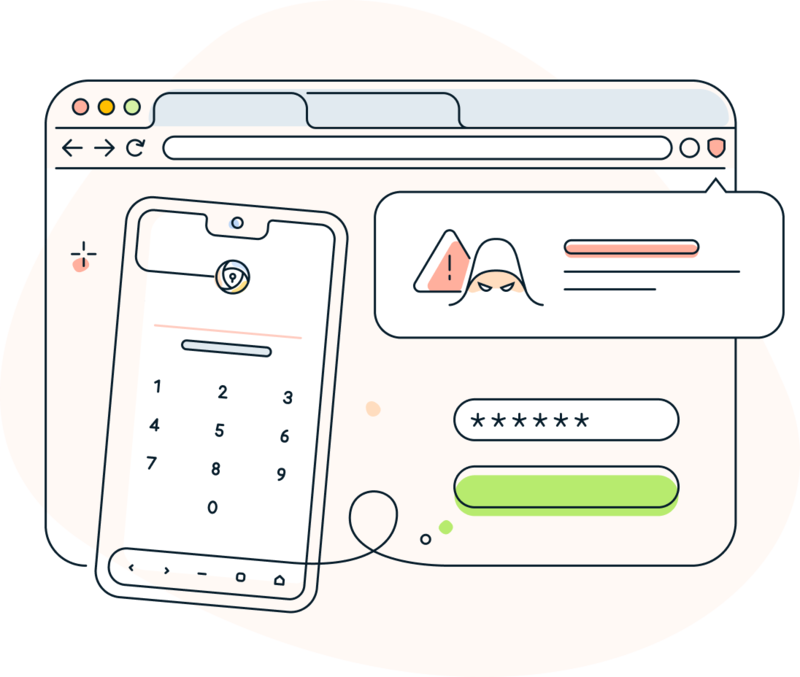

What can criminals do with your data?

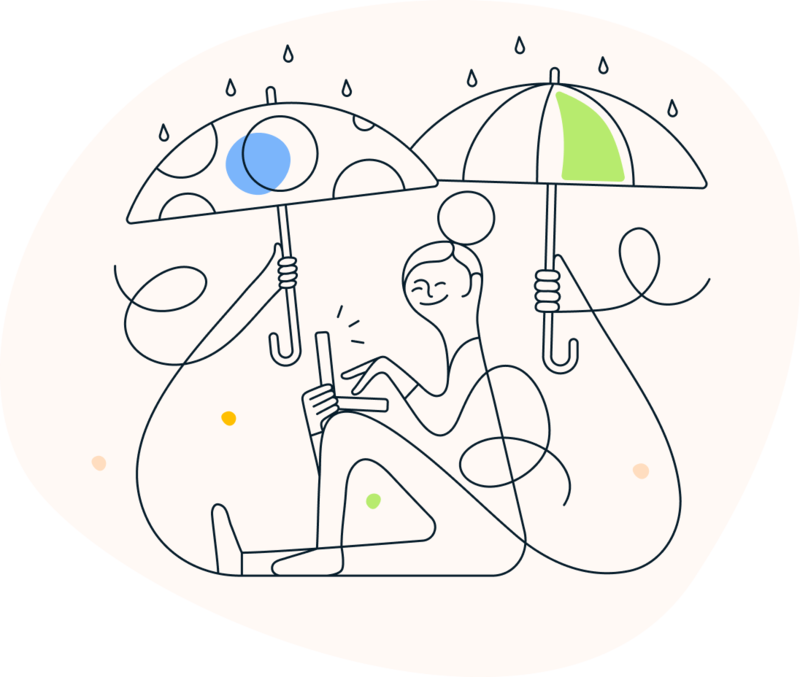
How can you secure your passwords?
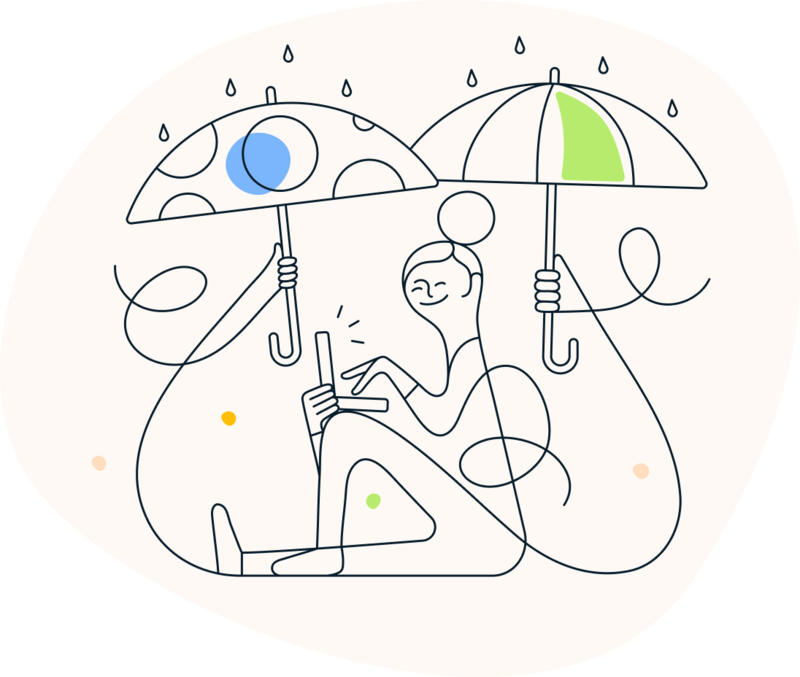
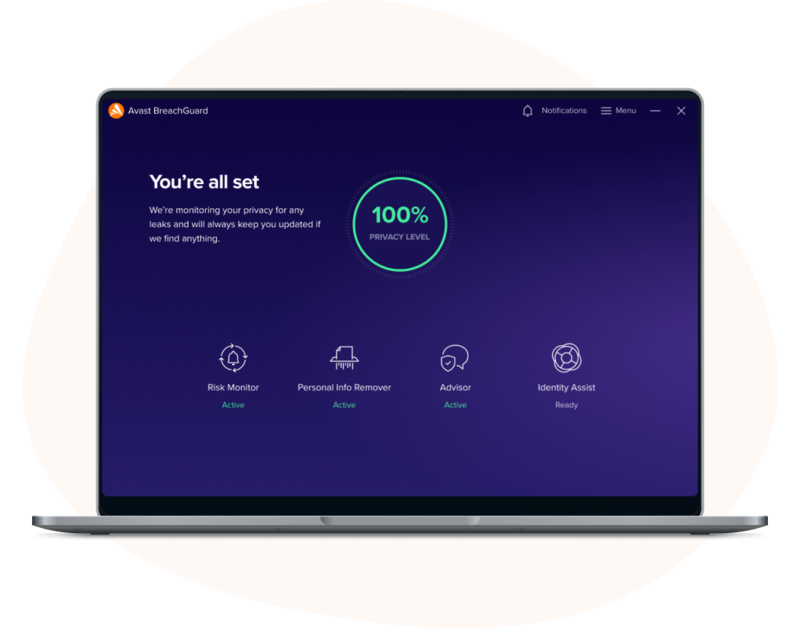
Avast BreachGuard
Do you want proactive alerts about breached personal data and more?
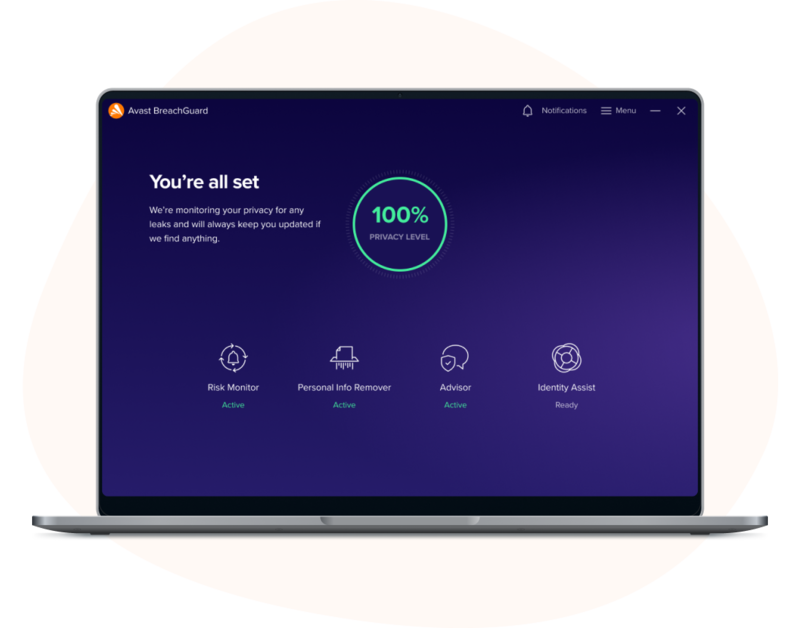
Avast BreachGuard’s data leak checker searches the web and dark web 24/7 for leaks to your personal data. It alerts you if it discovers something, helping you act faster to protect your identity. Plus, get help resolving identity theft issues, thanks to our US-based specialists.*
*This service is available in these countries: US, UK, Australia, Austria, Belgium, Brazil, Canada, Czech Republic, Denmark, Finland, France, Germany, Hungary, Italy, Mexico, Netherlands, Norway, Poland, Spain, Sweden, Switzerland.
FAQs
How can I secure my passwords?
Avast Hack Check notifies you automatically if your password is compromised, so you can secure your accounts before anyone can use your stolen passwords. As the world’s largest consumer security company, we can securely check if any of your login details appear in our database of password breaches, then find out if your account are at risk, and therefore help keep your accounts safe — and you can trust us not to share your email address with anyone, or leak passwords ourselves, obviously.
What else can you do? Try our free strong password generator, to create less hackable passwords or do it yourself with our DIY strong password guide . Brush up on your phishing scam-spotting skills so you don’t get tricked by fakes.
What else can you do? Try our free strong password generator, to create less hackable passwords or do it yourself with our DIY strong password guide . Brush up on your phishing scam-spotting skills so you don’t get tricked by fakes.
What happens if I’m hacked?
Oftentimes, nothing.
See, when details like this are leaked, the data that’s lost is almost always encrypted: which means that hackers have to un-encrypt the data in order for it to be useful. This is why it’s often faster and more profitable to simply sell the encrypted data for a quick paycheck, rather than steal anything themselves. Even if they do decide to decrypt the data, any strong passwords could take years — or even decades — to be decrypted. So if you’ve got a strong password, you could actually get “hacked” and be fine for a long time.
That said: if you have a weak password, things get bad. A simple password — or worse, a common password like “123456”, can be decrypted in seconds. With this and your email, they can access any account that uses that email/password combination, pilfering your data, stealing your identity, and ransacking your digital life. Just another reason to make sure every account has a unique password.
See, when details like this are leaked, the data that’s lost is almost always encrypted: which means that hackers have to un-encrypt the data in order for it to be useful. This is why it’s often faster and more profitable to simply sell the encrypted data for a quick paycheck, rather than steal anything themselves. Even if they do decide to decrypt the data, any strong passwords could take years — or even decades — to be decrypted. So if you’ve got a strong password, you could actually get “hacked” and be fine for a long time.
That said: if you have a weak password, things get bad. A simple password — or worse, a common password like “123456”, can be decrypted in seconds. With this and your email, they can access any account that uses that email/password combination, pilfering your data, stealing your identity, and ransacking your digital life. Just another reason to make sure every account has a unique password.
Why do hackers want my email address anyway?
A villainous hacker can do a lot with a simple email address.
- They can try to “brute force” their way into any number of online accounts by using a list of commonly used passwords, giving them access to your digital life if yours isn’t strong and unique.
- They can add your email to a spam mailing list to earn a quick buck.
- They can set up a fake social media account for you and trick your friends or family into downloading malware, or giving them cash or information.
- They can send you phishing emails to trick you into downloading malware that could steal your data, or hold it ransom for money.
- Or they could sell it to other hackers on the dark web who’ll do all those things instead.
What should I do if I’m hacked?
If Avast HackCheck comes back with a positive result, here are the next steps for what to do:
- Don’t panic. You have everything you need to come to grips with the situation.
- Go to the email account you just checked and open the email report we’ll send you. It’ll contain dates and passwords that have been leaked.
- Check the passwords that have been leaked. If you’re still using the same password for the same account, change it immediately. Do this for every leaked password and account. If hackers have changed your password for you in an attempt to lock you out, contact the site for help.
- Double-check that any of the hacked accounts don’t have anything important linked or saved to them, like a credit card number. If they do, contact the appropriate authorities.
- If you feel inclined, you can also immediately report any cybercrime you’ve encountered to the authorities.
- Get Avast One to monitor your online accounts 24/7 for potential password breaches. Plus, get alerts as soon as we discover a leaked password.
Visit our Support Center for more FAQs
